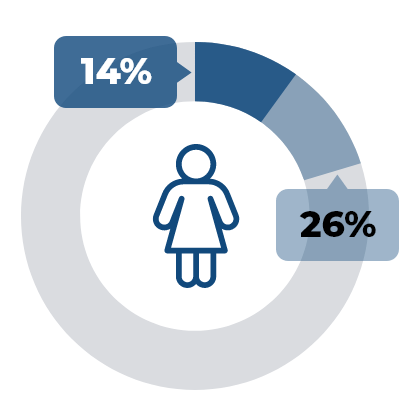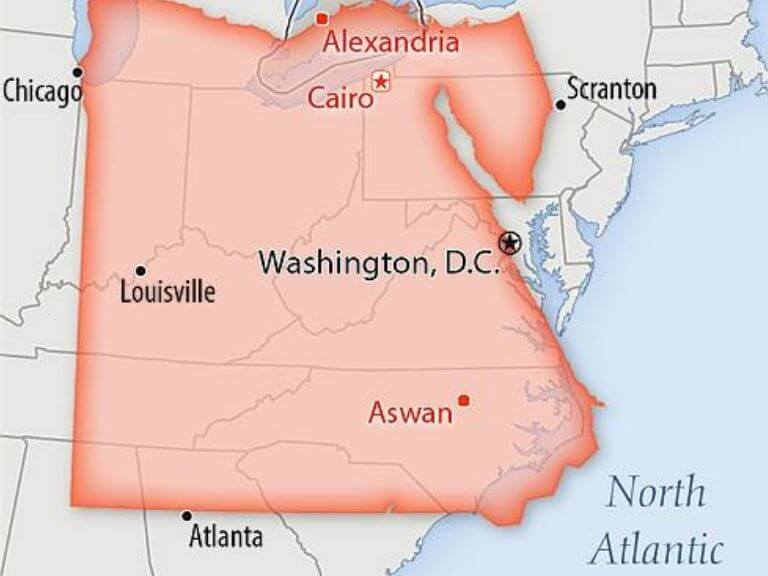Egypt
Although no official statistics on sexual violence exist, it is estimated that approximately 20,000 rapes are reported annually in Egypt; 90 percent of women in Egypt report experiencing some form of sexual harassment; and 3 in 10 ever-married women report experiencing spousal violence, including sexual violence. The country has one of the highest rates of female genital mutilation (FGM) in the world. Despite the lack of official statistics, advocates in the country have been pushing for better access to post-rape care.
The National Council for Women spearheaded an initiative to create “Safe Women’s Units” in Egypt’s four largest universities. At these units survivors can receive medical care, psychosocial support, and receive referrals to a forensic medicine department and community support programs all at no charge. Due to a lack of engagement from the Ministry of Health, NGOs must fill the void in assisting survivors access post-rape care. This leaves many suburban and rural areas beyond the reach of facilities providing post-rape care. Further, the restrictive operating hours (8am to 2pm) of the Safe Women’s Units means that most survivors will still present at an emergency department or primary health facility. Despite the World Health Organization recommending that post-rape care services should be integrated into all health facilities, primary health facilities are poorly equipped to serve survivors of sexual violence. Reporting an attack to the police is also a monumental task. Survivors have reported police and security forces demanding virginity tests (despite them being ruled illegal in 2011); being told to forego forensic exams so as to not publicize the rape and call attention to their shame; and re-victimization upon reporting to the police.
There are groups working to change the culture of impunity for sexual violence in Egypt. Nazra for Feminist Studies, Al Shehab Institution, Médecins Sans Frontiéres, Care International, Assault Police, and the Center for Egyptian Women’s Legal Assistance are all pushing to establish comprehensive post-rape care for survivors. Funding for this important work is critical, as many of these organizations operate in a country where even a crime as heinous and documented as the Fairmont gang-rape case go unprosecuted.
Violence against women in Egypt

26% of ever-partnered women have experienced physical &/or sexual intimate partner violence, with 14% of those women having experienced this violence in the last 12 months.
Source: United Nations Global Database on Violence against Women
Country Size Comparision

Source: The World Factbook 2021